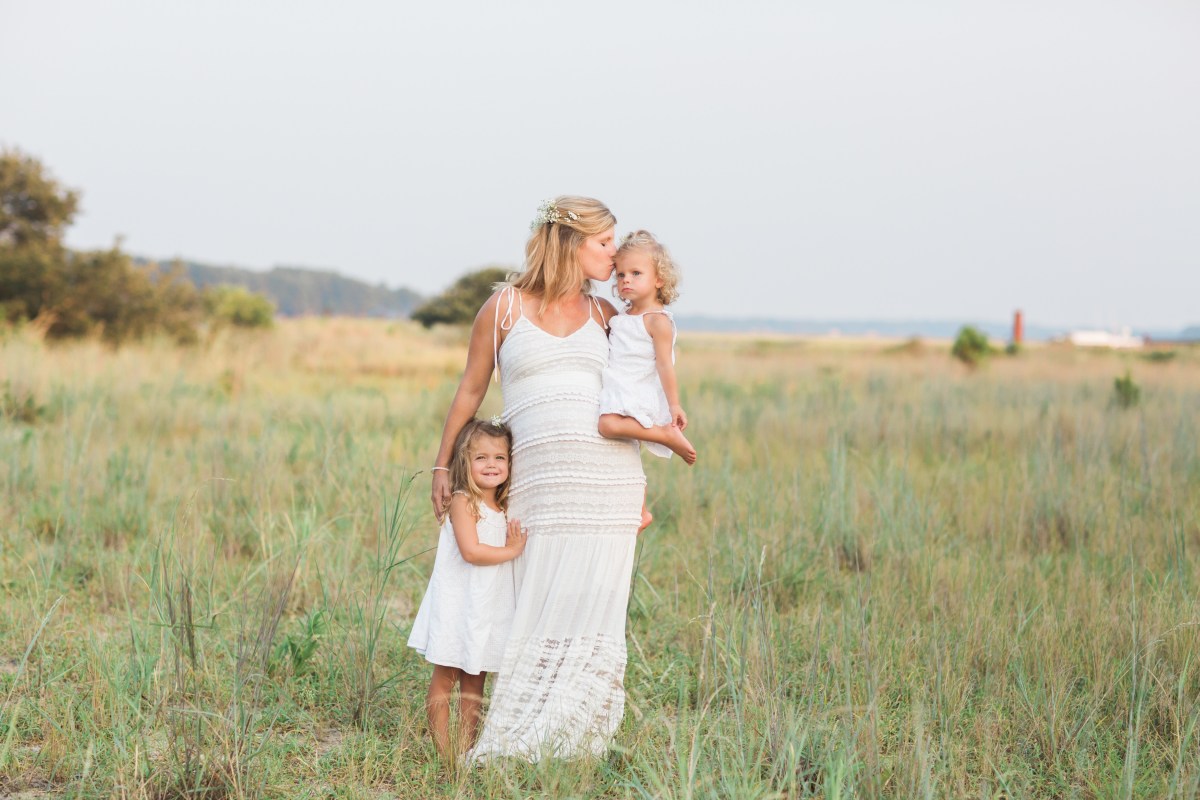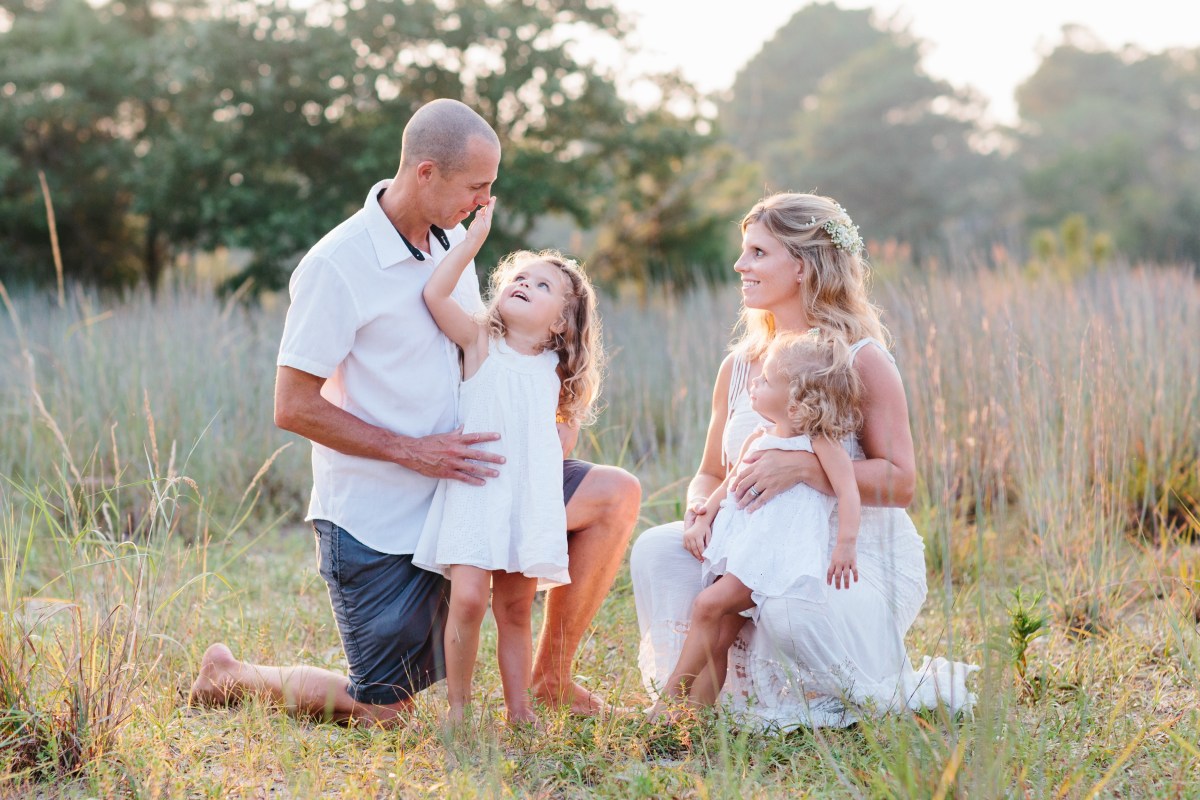
A few years ago, I returned to my elementary school and visited my art teacher, a woman I deeply admired then and still do, now. I teased, “I know I was difficult.” She tilted her head and looked at me genuinely perplexed. After a momentary pause, she responded, “Lauren, I never thought you were difficult. I thought you were extraordinary. Sweet, fun and smart.” I returned the tilted-head, genuinely-perplexed-look because all I ever remembered hearing about my childhood was how “difficult” I was. To be remembered for all positive attributes was truly astonishing and it forced me to rethink the way I had always described myself as a child: difficult, prone to emotional outbursts and epic temper-tantrums.
It’s not as if these things weren’t true. They were. I was often-times angry as a child. So angry that I would bite my arms to release the tension. So angry, my mother would lock herself in her bedroom to avoid the miscellaneous items I would throw across the room. It took me years of therapy, in my adult years, to recognize that my anger was a cry for attention. As much as my mother and I argued, I wanted her. I needed her. My mother loved me but she traveled often and worked full-time and I wanted more. So I responded with anger and when I finally left for boarding school at 15, I carried this sadness with me and firmly placed it as my go-to memory when asked of my childhood.
Extraordinary. Sweet, fun and smart. Oh yes, I do remember this Lauren, now. I had simply remembered the negative over the positive and don’t we all tend to do this, so often?
These things we tell ourselves- they have power. They are not merely a reflection of our past; they become a manifestation of our present identity. In his book, Self Matters, Dr. Phil refers to this internal dialogue as “tapes” or the things we consistently and subconsciously tell ourselves resulting in a label that may not be wholly true, now or then.
There are two ways to combat these “tapes”. The first is a commitment to self-realization, whether through counseling, prayer or working through a few self-help books to redefine your “authentic self” . The second is to become aware of our tendency to label ourselves and others. This is what I am currently working on.
The other day, when someone asked “How’s it going?”, which really meant, “How are you surviving a newborn, 2 & 3 year-old?” I explained in clear ear-shot of Harper, “The baby is fine. It’s the older two that are driving me crazy.” It’s certainly true, but did it need to be said in front of my two-year-old who may or may not have understood? No, it didn’t.
I have a tendency to be highly critical of myself; I’m sure a lot of us do. My awareness of this situation isn’t a symptom of self-mutilation, rather, I started to realize just how many things I have said about Harper in front of her, as if she wasn’t there. Let’s be real: She’s no piece-of-cake when it comes to parenting. It’s easy to label a child who refuses to go to sleep or still wakes multiple times at night, exhausting. This is indisputable; however, I CAN be more aware of talking about her in her presence, as well as labeling the behavior and not the child. The fact that she would rather throw herself at her door than sleep is exhausting, but she herself is likely refusing sleep not to be exhausting but to get the point across that she, our middle child, needs and wants more attention.

Our self-esteems are fragile, particularly a child’s. It is my responsibility to ensure my children, more often than not, hear me describe them as the creative, loving, phenomenal children that they are. And when appropriate, I can lament to my friends about their exhausting ways, when they are not around to hear it.
I do believe there’s a fine-line between appropriate praise and raising a narcissist and my intent is not to achieve the latter. So when my children are out-of-line, I will still call them out; however, I will work on criticizing the behavior, not the child. “Harper, owls stay up all night, not phenomenal little girls. ” And when my children are 20 years old and ask, “What was I like as a child?” I will remind them that, although those early years were difficult at times, they were thoughtful, beautiful, and yes, phenomenal.




